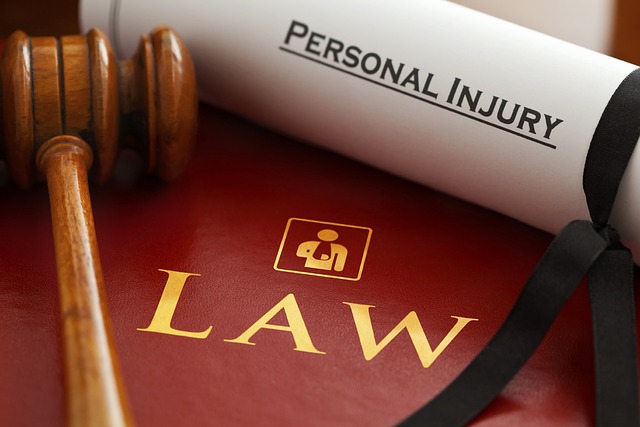Personal Injury Law in the USA: Everything You Need to Know Before Filing a Claim with a Lawyer

Personal injury law in the United States provides individuals who have been physically or emotionally harmed due to someone else’s negligence or intentional actions the opportunity to seek compensation for their injuries. Whether you’ve been in a car accident, slipped and fallen in a store, or sustained injuries due to a defective product, understanding the basics of personal injury law is crucial before filing a claim. Here’s what you need to know before hiring a lawyer and pursuing a case.
What is Personal Injury Law?
Personal injury law covers any legal disputes that arise when one person is injured due to the negligence or wrongful act of another party. It is a civil law area, meaning that the victim (plaintiff) seeks monetary compensation from the responsible party (defendant). Injuries can be physical, emotional, or even psychological. Personal injury cases can result from car accidents, medical malpractice, workplace accidents, defective products, slip-and-fall accidents, and more.
Types of Personal Injury Claims
-
Motor Vehicle Accidents: These are among the most common personal injury claims. If you’re involved in a car accident due to another driver’s negligence (speeding, texting, driving under the influence), you may be entitled to compensation for medical bills, lost wages, pain, and suffering.
-
Slip and Fall: Property owners have a duty to maintain safe environments. If you slip, trip, or fall due to unsafe conditions (like wet floors or broken sidewalks), you may have grounds for a claim.
-
Medical Malpractice: Medical professionals are expected to provide a certain standard of care. If they deviate from this standard, causing harm to a patient, they can be held accountable.
-
Product Liability: If you are injured by a defective or unsafe product, the manufacturer, distributor, or retailer may be held responsible for your injuries.
-
Workplace Accidents: In addition to workers’ compensation, if an employer’s negligence or a third-party’s actions caused your injury at work, you may be able to file a personal injury claim.
How to Know if You Have a Case
Before filing a Personal Injury Lawyers USA claim, it’s important to determine if you have a valid case. The key elements of a personal injury case include:
- Duty of Care: The defendant must have a responsibility to act in a certain way to avoid harming others.
- Breach of Duty: The defendant must have failed in their responsibility (e.g., driving recklessly or neglecting to maintain safe conditions).
- Causation: You must prove that the defendant’s actions directly caused your injuries.
- Damages: You need to show that you suffered harm—physical, emotional, or financial—due to the injury.
The Role of a Personal Injury Lawyer
A personal injury lawyer can be crucial in helping you navigate the complexities of the legal system. Here’s how they assist you:
- Legal Guidance: Personal injury law is intricate, and an experienced lawyer can guide you through the legal processes, ensuring all necessary documents and evidence are properly handled.
- Negotiating Settlements: Many personal injury cases settle outside of court. A lawyer can negotiate on your behalf with insurance companies or the responsible party to reach a fair settlement.
- Court Representation: If a settlement isn’t possible, your lawyer will represent you in court, presenting the case in front of a judge or jury.
The Importance of Acting Quickly
Personal injury claims are subject to a statute of limitations, which varies by state. In most states, you have between one and three years to file a claim. After this period, you may be unable to pursue legal action, so it's important to consult a lawyer as soon as possible after an accident.
Conclusion
Personal injury law exists to protect individuals who suffer due to the negligence or intentional actions of others. Before filing a claim, it’s essential to understand the basics of personal injury law, know what constitutes a valid case, and seek legal advice from an experienced personal injury lawyer. A lawyer can guide you through the process, help ensure you get the compensation you deserve, and represent you if your case goes to court.
